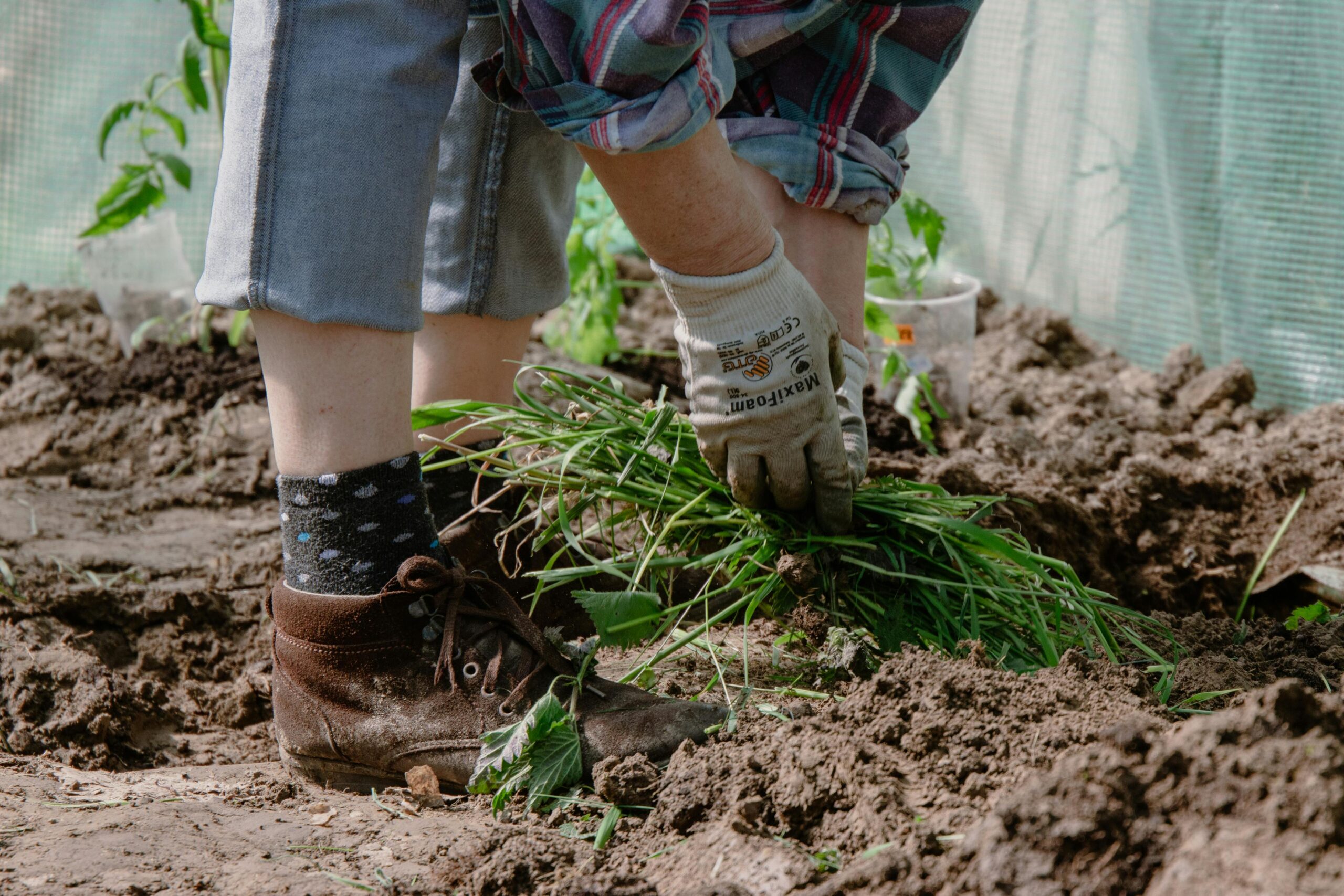Imagine a peaceful oasis in your own backyard, where vibrant flowers bloom and green leaves sway in the breeze. A place where the simple act of digging your hands into the soil holds the key to a multitude of therapeutic benefits for your mental health. Gardening has the power to soothe your mind, nurture a sense of mindfulness and connection with nature, and provide a much-needed escape from the stressors of daily life. In this article, we will explore how engaging in gardening can positively impact your well-being and unlock a world of tranquility and growth. Let explore the therapeutic benefits of gardening!

Reducing Stress
Gardening provides a much-needed escape from the daily stresses of life. Connecting with nature has a calming effect on the mind and body, reducing anxiety and promoting relaxation. The sights, sounds, and smells of the garden help to create a sensory experience that allows you to escape from the constant noise and distractions of modern life. The feeling of accomplishment that comes from nurturing plants and watching them thrive can also help to alleviate stress and boost your mood.
Promoting Physical Exercise
Gardening is not just good for the soul, but also for the body. It is a great way to burn calories and stay active. The physical demands of gardening, such as digging, planting, and weeding, can provide a moderate-intensity workout that helps to improve cardiovascular health and maintain a healthy weight. Regular gardening also improves flexibility and strength as you engage in activities that require stretching, lifting, and bending. This can lead to improved muscle tone and a reduced risk of chronic diseases such as heart disease and diabetes.
Boosting Mood
Spending time in the garden has been shown to increase serotonin levels in the brain, which is often referred to as the “feel-good” hormone. Serotonin plays a key role in regulating mood and promoting feelings of happiness and well-being. In addition, gardening triggers the release of endorphins, which are natural painkillers and mood boosters. The act of nurturing and caring for plants can also enhance your self-esteem as you witness their growth and beauty. The sense of accomplishment that comes from creating and maintaining a garden can have a profound positive impact on your overall mood.
Fostering Social Interaction
Gardening provides abundant opportunities for social interaction. Community gardening projects bring people together, allowing them to work towards a shared goal and build a sense of community. Gardening with family or friends can also be a bonding experience, providing a chance to spend quality time together while enjoying the outdoors. By joining gardening clubs or attending gardening events, you can connect with like-minded individuals who share your passion for plants and gardening. These social interactions not only provide a sense of belonging but also the opportunity to learn from and inspire others.

Providing Cognitive Stimulation
Engaging in gardening activities provides cognitive stimulation that can benefit the brain. Concentrating on planting, pruning, and problem-solving helps to improve attention span and focus. As you plan and manage your garden, you are constantly faced with challenges that require problem-solving skills. You may need to find solutions for pests, diseases, or environmental factors that impact plant growth. This promotes critical thinking and develops your problem-solving abilities. Additionally, gardening can enhance sensory perception as you experience the different textures, smells, and visual stimuli that the garden offers.
Increasing Vitamin D Intake
Spending time in the garden exposes you to sunlight, which is the best natural source of vitamin D. Vitamin D is crucial for bone health as it helps the body absorb calcium, promoting strong bones and preventing osteoporosis. It also plays a role in strengthening the immune system, reducing the risk of certain diseases. By getting outside and gardening, you can ensure that you are getting an adequate amount of vitamin D and reaping its numerous health benefits.

Strengthening Mental Resilience
Gardening is a practice that requires patience and perseverance. It teaches you to accept failures and setbacks as part of the process and to keep trying. Gardening helps you develop resilience as you learn to adapt to unpredictable weather conditions, overcome pest or disease attacks, and face the challenges that come with nurturing plant life. Each success and failure in the garden provides an opportunity for learning and growth, and this resilience translates into other areas of your life as well, helping you cope with stress and setbacks.
Improving Sleep Quality
Regular physical activity in the garden can lead to a natural fatigue that promotes better sleep quality. Engaging in physical activities, such as digging, weeding, and planting, helps to tire your muscles, making it easier for you to fall asleep and stay asleep throughout the night. Gardening also helps regulate your body’s circadian rhythm, which is the internal clock that controls your sleep-wake cycle. Spending time outdoors, exposed to natural light, helps to regulate this rhythm, making it easier to establish a regular sleep schedule. Additionally, creating a peaceful bedtime routine, such as tending to your garden or enjoying a cup of herbal tea in your outdoor sanctuary, can further promote relaxation and improve sleep quality.
Providing a Sense of Purpose
Gardening nurtures life and growth, providing a sense of purpose and fulfillment. Watching your plants grow and thrive can instill a sense of pride and satisfaction, knowing that you have played a role in their well-being. Additionally, gardening contributes to environmental sustainability by creating habitats for pollinators, reducing carbon footprint, and promoting biodiversity. By creating your own personal sanctuary in the garden, you have a space where you can escape from the world and find solace, allowing you to recharge and find a sense of purpose in nurturing your green oasis.
Facilitating Therapeutic Benefits for Specific Populations
Gardening has been recognized as a therapeutic activity for various populations. Gardening therapy is particularly beneficial for individuals with disabilities, providing them with a sense of accomplishment, improving motor skills, and enhancing overall well-being. Senior gardening programs have also proven to be valuable for aging adults, promoting physical activity, reducing loneliness, and improving cognitive function. Horticultural therapy is a specialized form of therapy that uses plants and gardening activities as a therapeutic tool for individuals with mental health disorders. It has been shown to reduce symptoms of depression, anxiety, and stress, while enhancing social skills, creativity, and self-expression. These therapeutic benefits highlight the diverse ways in which gardening can positively impact specific populations and promote overall mental health and well-being.





